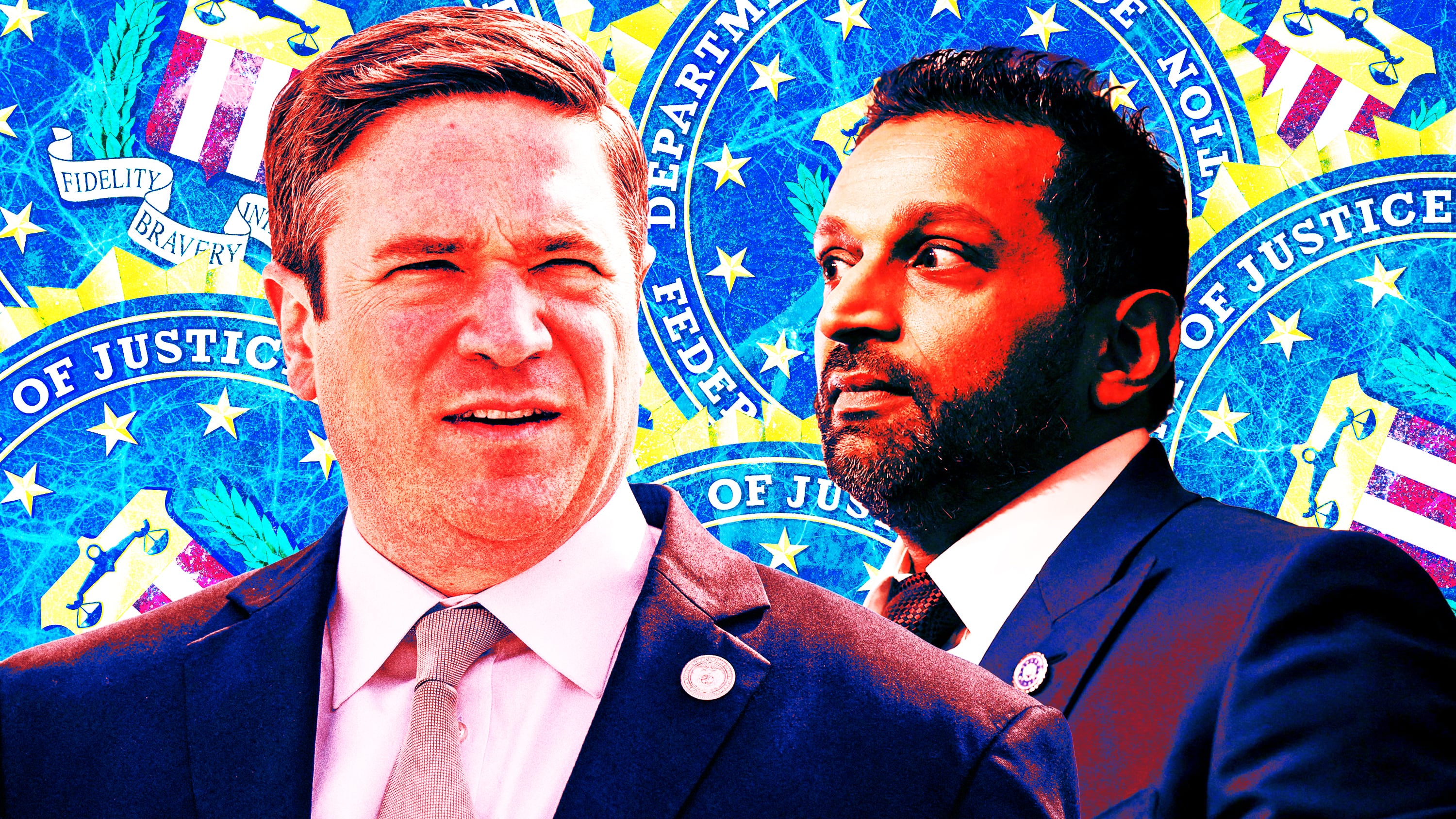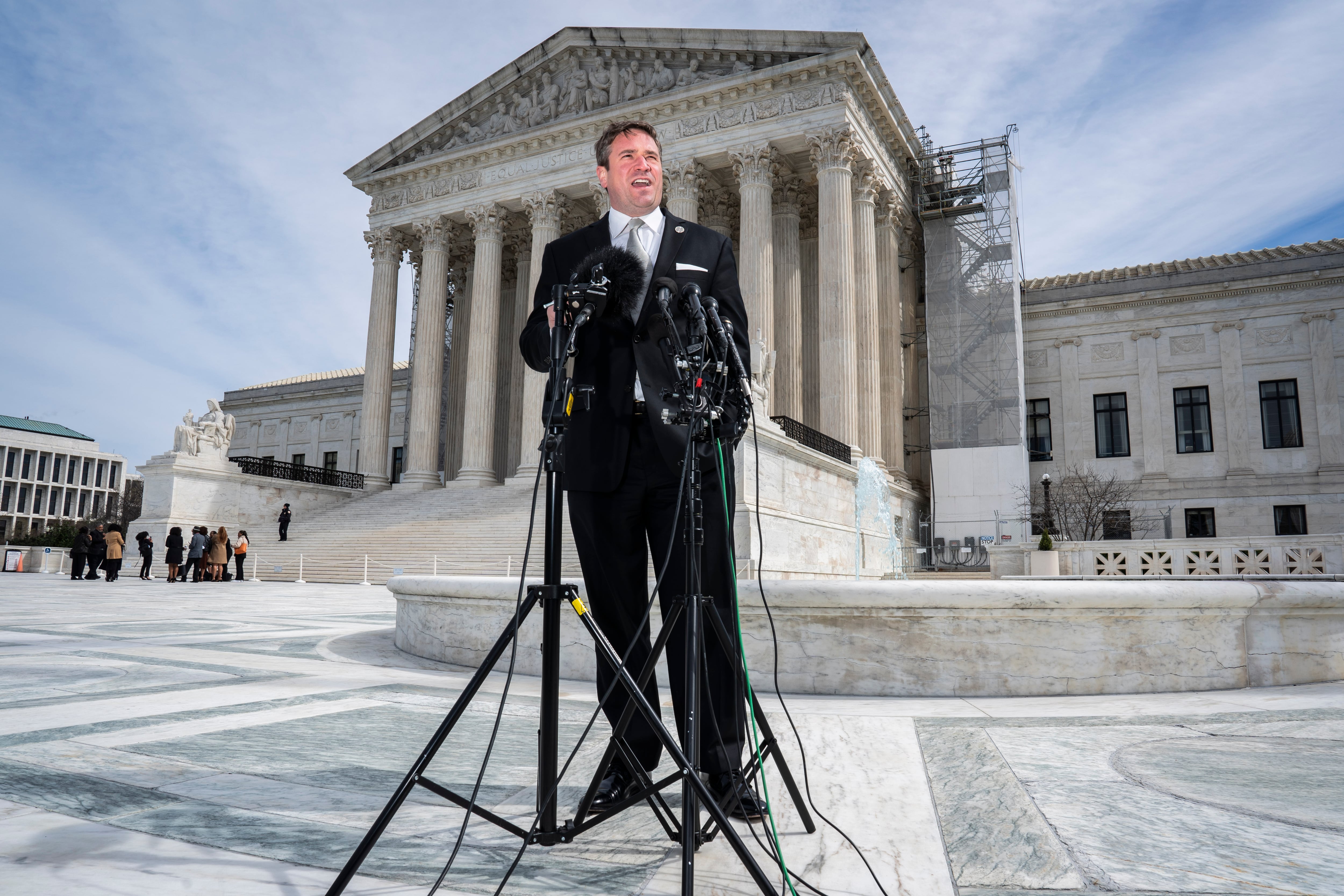
A Closer Look: Is This FBI Leader More Concerning Than "Keystone Kash"?

A Potential Shift in FBI Leadership?
The FBI is a critical institution in the United States, responsible for upholding the law and protecting national security. Recently, there's been some discussion about potential changes in leadership, and one name that's surfacing is Andrew Bailey. He's now a co-deputy director, and some are wondering if he could be in line to replace the current director, Kash Patel (often referred to as "Keystone Kash"). But, is Bailey really an improvement?
This article explores the background of Andrew Bailey and some of the concerns surrounding his potential leadership role within the FBI. We'll delve into his past actions as Missouri Attorney General and examine whether his approach aligns with the core values of the agency.
Who is Andrew Bailey?
Andrew Bailey, a 44-year-old Iraq War veteran, was recently appointed as a co-deputy director within the FBI. Before this, he served as the Attorney General of Missouri. During his time in that role, he showed strong allegiance to former President Donald Trump. Critics point to instances where they believe he prioritized loyalty over impartial application of the law.
For example, Bailey publicly challenged the New York hush-money case against Trump, calling it "election interference." After Trump's conviction, Bailey announced a lawsuit against the State of New York, claiming an attack on the democratic process. It's this perceived bias that raises concerns about his potential influence within the FBI.
Controversies During His Tenure
Bailey's tenure as Attorney General wasn't without controversy. The St. Louis Post-Dispatch even created "Bailey's Tally," a running list of instances where they felt he abused his office for ideological reasons. These included efforts to restrict gender-affirming care, even for adults, and a lawsuit against Starbucks alleging discrimination against white employees.
He also faced criticism for his handling of a case involving Planned Parenthood, where he charged the organization with "child trafficking" based on a video that later appeared to be misleading. Additionally, his response to a school fight involving students from different racial backgrounds was seen by some as racially biased. His arguments against gun control measures were also considered unusual, claiming that fewer firearms would lead to a surge in rape and murder.
Concerns About Impartiality
Perhaps one of the most concerning aspects of Bailey's record is his stance on post-conviction exoneration. He actively tried to block the release of Sandra Hemme, a woman who had been wrongly imprisoned for 43 years. Even after a court declared her "the victim of manifest injustice," Bailey initially resisted her release, eventually relenting only when threatened with contempt of court.

The Future of the FBI
With Andrew Bailey now in a leadership position at the FBI, questions arise about the future direction of the agency. Concerns are being raised about the need for unbiased leadership. Could this potentially lead to positive change, or are we heading toward a more politicized FBI? Only time will tell. The FBI's effectiveness relies heavily on public trust and its ability to operate without political influence. It's crucial to closely monitor the agency's actions under its current leadership.
What are your thoughts on the situation? Share your opinions in the comments below!
This article aims to provide an informative overview of the discussed topics and does not necessarily reflect the views of this website.
Disclaimer: This article contains information sourced from various news outlets. For a more in-depth understanding, please refer to the original article from The Daily Beast.